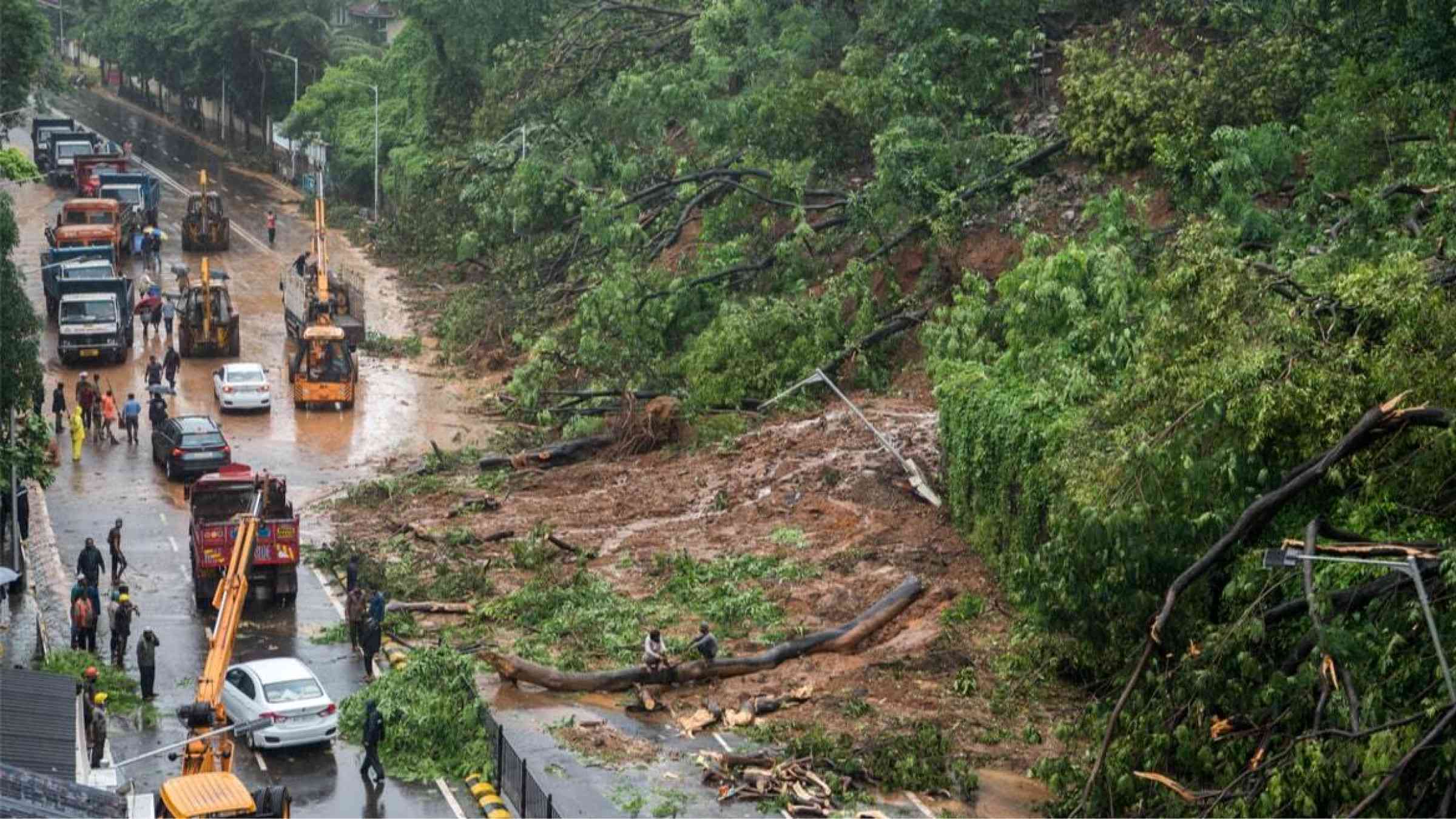Compound, consecutive, and cascading events: Challenges for risk assessment and management

3 Papers
This session focuses on concurrent, compounding, consecutive and cascading events and their impacts. Such events – caused by the interaction of multiple hazard, vulnerability and exposure drivers in space or time – have a multiplier effect on risks to society, infrastructure, and the environment; however, they are still overlooked in disaster risk science, where a predominant focus still remains on single hazard-risks. Recently, the topic of multi-risk has gained attention in international policy and decision-making fora, such as the UNDRR’s Global Risk Assessment Framework, the World Bank GFDRR’s Understanding Risk community, and the World Climate Research Programme (WCRP) on Extremes. Therefore, this session aims to showcase current research and foster broader exchange of knowledge between scientists and practitioners across multiple hazard communities and disciplines. We encourage contributions related to all aspects of these events, especially those that: improve understanding of physical processes; showcase new transdisciplinary methodologies for multi-risk assessment, management, and impact characterization; evaluate systemic risks; illustrate how multi-risks are integrated into operational risk management; and explore challenges and best practices of multi-risk governance.
Primary Convener
- Antonia Sebastian
- University of North Carolina at Chapel Hill
Conveners
- Md Mamunur Rashid
- University of Central Florida
- David F Muñoz
- Virginia Tech
- Thomas Wahl
- University of Central Florida
Student/Early Career Convener
- Robert Sakic Trogrlic
- IIASA International Institute for Applied Systems Analysis
Cross-Listed
Co-organized
Co-sponsored
Index Terms
- 4306 Multihazards
- 4313 Extreme events
- 4315 Monitoring, forecasting, prediction
- 4333 Disaster risk analysis and assessment
Papers
- Storm types and antecedent conditions during local and regional floods in the United States by Manuela Irene Brunner, University of Freiburg, Freiberg, Germany and Erin Dougherty, National Center for Atmospheric Research, Boulder, United States
- Multi-Risk Climate Scenarios in the Metropolitan City of Venice: Results of the BRIDGE Project by Andrea Critto1,2, Beatrice Sambo1, Marta Bonato1, Anna Sperotto1, Silvia Torresan2, Elisa Furlan2, James H. Lambert3 and Igor Linkov4, (1) University Ca' Foscari of Venice, Venice, Italy, (2) Fondazione Centro Euro-Mediterraneo sui Cambiamenti Climatici (Fondazione CMCC), Lecce, Italy, (3) University of Virginia, Charlottesville, United States, (4) US Army Engineer Research and Development Center, Concord, MA, United States
- A Flood Damage Model Accounting for Time-Evolving Hazard, Exposure, and Vulnerability by Tommaso Lazzarin1, Daniele P. Viero1, Daniela Molinari2, Francesco Ballio2 and Andrea Defina1, (1)University of Padova, Department of Civil, Environmental and Architectural Engineering, Padova, Italy, (2)Politecnico di Milano, Dept. Civil and Environmental Engineering, Milano, Italy